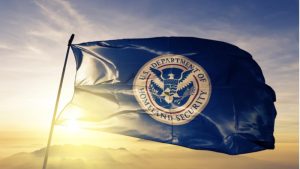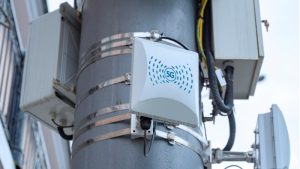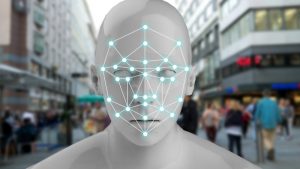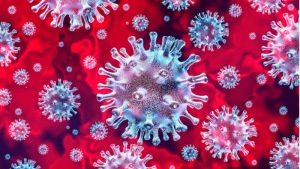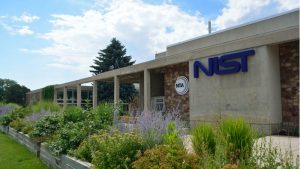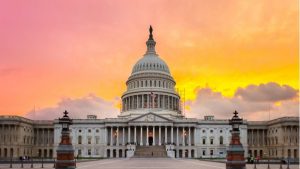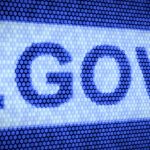A handful of Democratic legislators have sent a letter to the Department of Justice (DoJ) seeking answers to what steps the agency takes to ensure predictive policing technology is effective, and whether it tests for bias and requires transparency in algorithms used in the technology.
N.J. Transit received a Federal grant that will allow it to use AI and video analytics to study customer patterns on the River LINE light rail system, aiding in better crowd management in response to COVID-19.
The Department of Homeland Security (DHS) is seeking a wide range of COVID-19 technologies, including ways to secure contact tracing and open source virus reporting, per a July 24 other transaction solicitation (OTS).
The Federal government has worked to expand access to broadband across the U.S. through large investments in the sector and can continue expanding access in rural areas by improving data and broadband access maps.
New bicameral legislation was introduced aimed at stopping government use of facial recognition and other biometric technology.
As the COVID-19 coronavirus continues to change daily life, both the public and private sectors have stepped up with tech innovations to ease the transition and save lives. The speed of these innovations, however, seemingly outpace our ability to keep up with what new tech is available.
As a part of its CHARIot Challenge, the National Institute of Standards and Technology (NIST) is launching Internet of Things (IoT) and augmented reality (AR) challenges to improve public safety communications for first responders.
Sixteen Democratic senators, led by Sen. Ron Wyden, D-Ore., are requesting more funds for the General Services Administration (GSA) Technology Transformation Service (TTS) and the United Stated Digital Service (USDS) to upgrade COVID-19 coronavirus economic relief tech at the state and local levels.
The American Civil Liberties Union (ACLU) and the ACLU of Maryland filed suit against the Baltimore Police Department over the aerial surveillance program approved by the city’s financial board April 1 in a divided vote.
The Senate Commerce, Science, and Transportation Committee today approved legislation on broadband connectivity, protecting the public from online scams, and promoting industries of the future at a markup session March 11.


